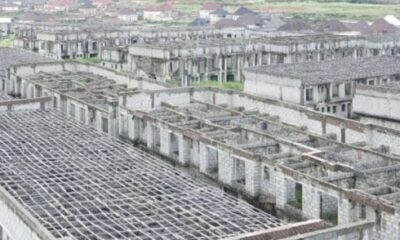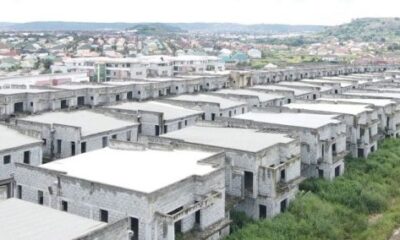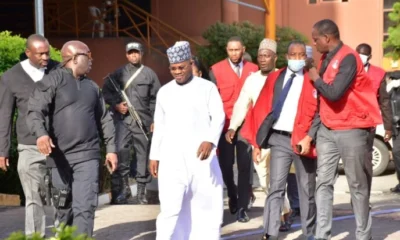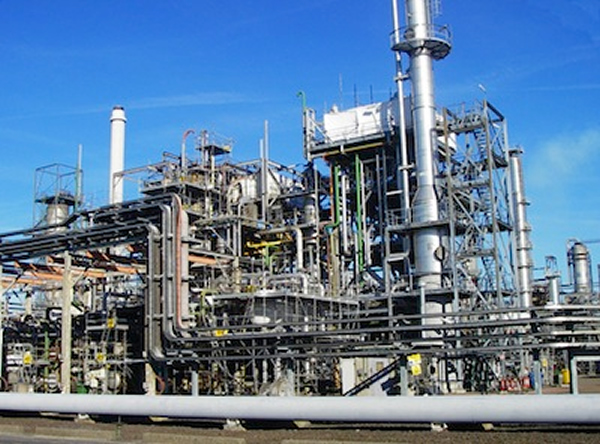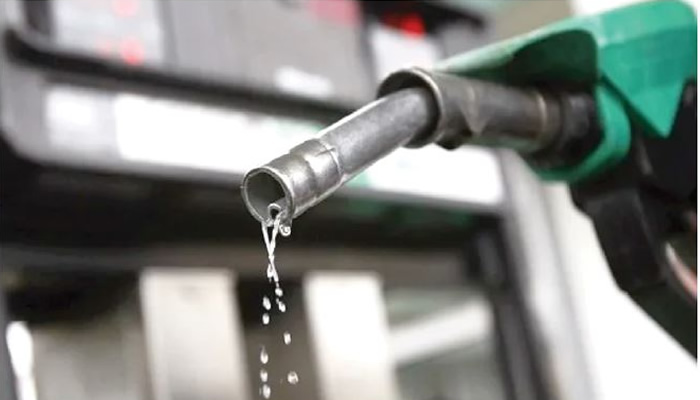The Independent Petroleum Marketers Association of Nigeria has said that petrol is going to sell at N935 per litre beginning from Monday (today) based on the latest arrangement with the Dangote Petroleum Refinery.
IPMAN’s National President, Maigandi Garima, said the reduction in Dangote refinery’s ex-depot price for petrol and the uniform arrangement being put in place, would enable marketers to sell at N935 in their outlets nationwide, incurring a cost of N36 on logistics.
“Dangote refinery has brought another new arrangement of loading and pricing by which marketers would pay a fixed ex-depot price of N899.50k.
“The refinery is running a programme whereby it wants the fuel consumption across the country to be at the same rate. We are expecting the new arrangement to kick-start on Monday. Previously, the loading price was N970 per litre, but from Monday, petrol prices will drop to N935,” Garima stated.
The association also stated that over 30,000 of its members are set to commence petrol loading from the Dangote Petroleum Refinery and the Port Harcourt Refining Company following the reduction of the ex-depot price of the product to N899 per litre.
This came as it was observed that the pump price of petrol dropped on Sunday to between N950 and N980 per litre in a few filling stations in Lagos including MRS, BOVAS and NNPC. However, the cost was above N1,000 per litre in many other outlets in the state.
But IPMAN promised on Sunday that the price would drop further, as it said the cost of petrol would reduce to N935 per litre in more filling stations by Monday (today) in view of Dangote refinery’s new arrangement.
Similarly, retail outlet owners under the auspices of the Petroleum Products Retail Outlet Owners Association of Nigeria have begun registration with MRS filling station to lift Dangote petrol at N935 per litre.
The IPMAN National Publicity officer, Chinedu Ukadike, and the PETROAN President, Billy Gillis-Harry, disclosed these during separate interviews (with The Punch) on Sunday.
The development came after intense pricing competition in the nation’s downstream sector, which triggered a price war between NNPCL and Dangote due to a reduction in the ex-depot price to N899 per litre.
On Saturday, the NNPCL, in a surprising development, slashed petrol prices by 12 per cent, to the delight of Nigerians and marketers.
This decision, coming days after the Dangote Refinery reduced its price to N899, was confirmed by the Petroleum Products Retail Outlet Owners Association of Nigeria in a statement on Saturday.
Before now, petrol prices had consistently increased, causing customers to worry that the price hike might be sustained during the festive season.
It was earlier reported that the reduction in price to N935 in Lagos confirms projections by marketers.
Providing further updates on the preparations for product lifting, the IPMAN publicity officer stated that marketers are getting ready to start loading petrol at a reduced price, as the national oil company has updated its pricing on the purchase portal.
Ukadike also said that the competition for market share between NNPCL and Dangote is beneficial for Nigerians because, in the end, it will reveal the true cost of PMS production and the expenses incurred in logistics.
According to him, the price war is central to a deregulated oil sector.
He said, “NNPCL has changed their price at their portal. It means that everyone who has access to that portal can be able to request and pay for products. Once you pay, you will be called to the depot to pick up your products. Yes, they have changed the price on their portal.”
He continued, “For us, the reduced price remains a welcome development as that is the beauty of a deregulated sector. You know, when there are multiple sources of petroleum products, there will be production and pricing competition. That interplay of pricing has come to the centre stage, and it is now to the advantage of the commuters who wish that this petroleum product will be sold at a lesser price.
“The fight to control market share between NNPCL and Dangote is healthy for Nigerians because, at the end of the day, we would know the actual cost of PMS production and the amount spent on logistics.
“It will also help marketers in our retailing capacity and pick up more volumes. The cost today is very high, and the reduced price will help us pick more volumes. Commuters are no longer taking products the way they used to but with the price decrease, there will be heavy consumption.”
He further noted that marketers will not stick to a single supplier but patronize both refineries based on the location.
Ukadike said, “We would be picking our products from both refineries but the most important thing is the nearness to retail outlets. But Dangote arrangement is via MRS, and NNPCL is helping to load from other depots.”
Regarding a potential price reduction, the IPMAN national officer explained that marketers do not set prices; instead, the factors of demand and supply influence the price, which is why prices vary across the country.
The national officer also assured Nigerians that filling stations owned by its members will be open throughout the festive period and avoid artificial scarcity.
On his part, the PETROAN president said its members are registering with MRS filling to pick up products from its stations as the Dangote and PH refineries haven’t started product disbursement to its members.
He also stressed that a smooth product off-take starting today (Monday) will accelerate the implementation of the price reduction at retail centres nationwide.
He said, “We have not started picking up products from the Port Harcourt refinery, even from the Dangote refinery. But some of our members, out of their magnanimity, are trying to sell at a cheaper price even in Abuja.
“Dangote price mechanism brings value for PETROAN members, and we are partnering with MRS filling station to sell at N935 per litre nationwide. Our members partnering with MRS will do that. The station has opened its valves to accommodate as many members that can work with them. So from this morning (Sunday), we were already up and running on their platform to register our members. It is a wonderful thing that is coming up and we hope NNPCL will also follow suit.
“The economies of scale favour Dangote, but NNPCL is doing its best to flood the country with available products. I think a lot of good things will happen in the sector even till the new year.
“So let’s see how offtake of products will pan out across the country from tomorrow. If the demography of offtake spreads everywhere and we can compute what the logistics costs would be, it will be easy to predict what will happen. But, certainly, when refiners reduce price, and we can buy directly, we will ensure Nigerians benefit, and that is what PETROAN is doing.”
Also, on a potential price drop, the PETROAN official said, “We have mentioned severally that pricing was still going to drop, and that is the trajectory and reality of how this whole thing is going to play out. So gradually, the price will go down and then come down and vary. It’s not going to be static, and that is why I think it’s not right to do an armchair projection.”
Meanwhile, the Dangote Refinery has said it is now operating at 85 percent capacity and is on course to deliver European-standard products by January.
“We have gone up to 550,000 bpd, that is 85 per cent capacity in crude distillation,” Edwin Devakumar, head of the refinery, said in an interview with CNBC Africa.
The 650,000-bpd Dangote oil refinery built by Nigerian billionaire Aliko Dangote in Lagos aims to compete with European refiners when operating at full capacity but has been struggling to secure sufficient crude locally.

 BIG STORY1 day ago
BIG STORY1 day ago
 BIG STORY5 days ago
BIG STORY5 days ago
 BIG STORY4 days ago
BIG STORY4 days ago
 BIG STORY20 hours ago
BIG STORY20 hours ago
 BIG STORY4 days ago
BIG STORY4 days ago
 BIG STORY5 days ago
BIG STORY5 days ago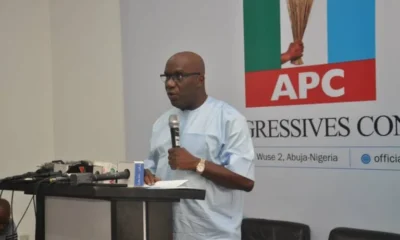
 BIG STORY4 days ago
BIG STORY4 days ago
 BIG STORY4 days ago
BIG STORY4 days ago










